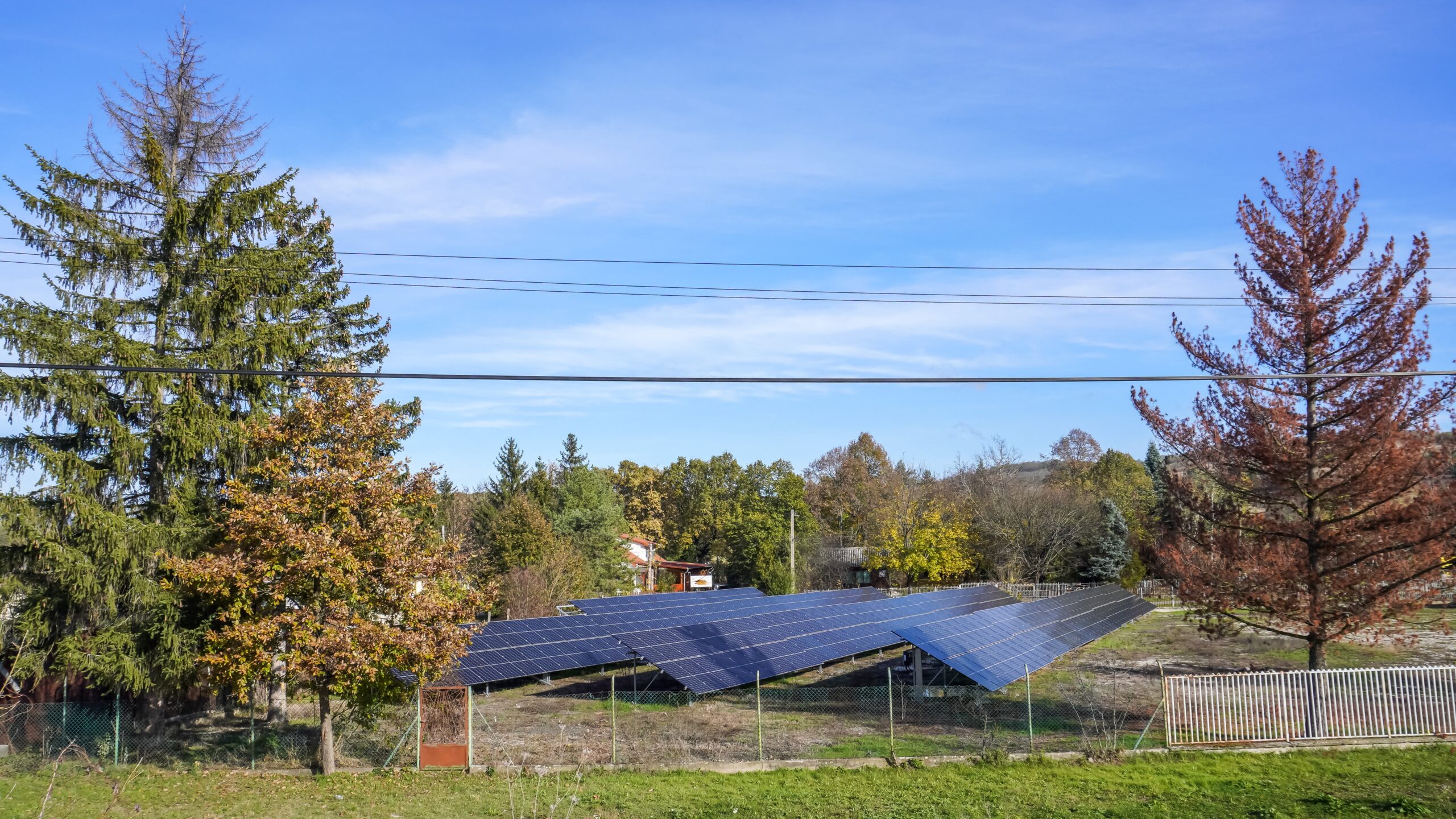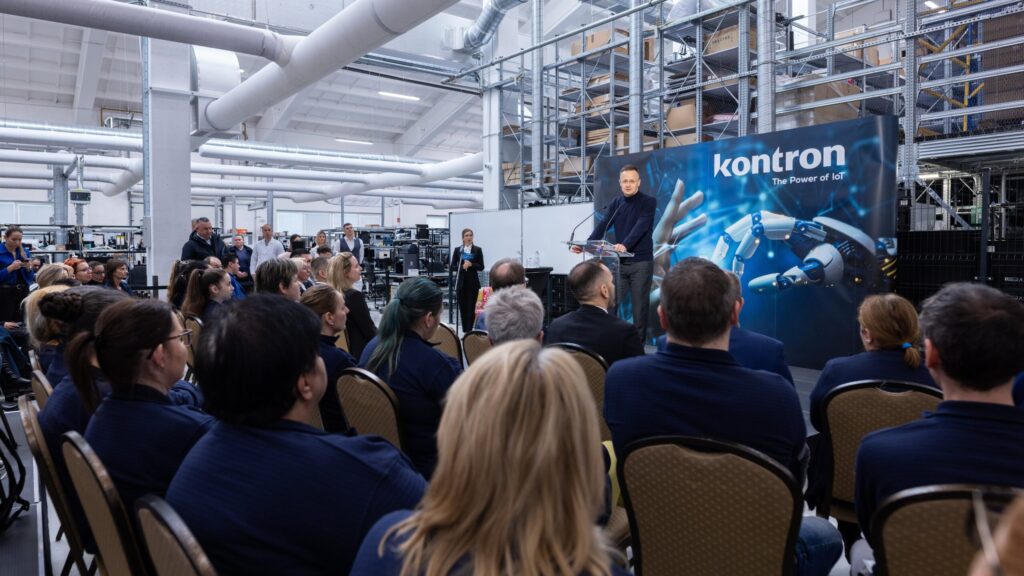Hungarian citizens overwhelmingly want state resources directed toward the development of renewable energy sources, according to a new nationally representative survey commissioned by energy company MOL. The findings, released on Thursday, show strong public awareness of climate change and a clear preference for sustainable energy solutions.
The study reveals that 70 per cent of respondents feel climate change significantly impacts their daily lives. This perception increases with higher education levels and in larger cities.
A remarkable 92 per cent of those surveyed believe the government should invest in expanding renewable energy. In addition, 64 per cent support state incentives and regulation to encourage the use of sustainable fuels. Overall, 91 per cent think Hungary should increase its renewable energy production, and 84 per cent would welcome solar parks in their communities. Wind turbines received 74 per cent support, with approval rising among more educated respondents.
Nearly 40 per cent of Hungarians are willing to pay more for electricity generated from renewable sources, although most would only accept a price increase of up to 10 per cent. A similar trend applies to biofuels, with roughly one-third willing to pay more—primarily students and those with higher education.
Awareness of emerging green technologies varies. Only 6 per cent of respondents are well-informed about green hydrogen, and 21 per cent have merely heard of it. Biogas (biomethane) fared slightly better: 17 per cent know it well, and 44 per cent are somewhat familiar, though just 38 per cent view it as a key future energy source.
Geothermal energy, on the other hand, enjoys broad recognition and support. Two-thirds of Hungarians are aware of the country’s favourable geothermal conditions, and nearly 90 per cent would welcome geothermal power as part of Hungary’s energy future. 85 per cent would support new geothermal plants, and 84 per cent would use such energy at home—particularly if it proved cheaper than current heating methods.
MOL, meanwhile, is investing over $4 billion in sustainability projects through the end of the decade. Its key initiatives include the Dunai Refinery, where renewable waste oils are co-processed with crude oil to lower environmental impact. The refinery also hosts a green hydrogen plant capable of producing 1,600 tons of carbon-neutral hydrogen annually—enough to power over 10,000 hydrogen vehicles for a year.
MOL is active in renewable power production as well. In Tiszaújváros, a new 48 MW solar plant is under construction, expected to supply electricity to approximately 28,000 local households. A 40 MWh energy storage system will be installed alongside it. MOL currently operates nine solar parks across Hungary and Croatia with a combined capacity of 111 MW, aiming to reach 200 MW by 2026.
Its subsidiary Rossi Biofuel Ltd produces 200,000 tons of biofuel per year, while the biogas plant in Szarvas generates enough electricity for two small towns. MOL is also exploring geothermal drilling and experimental lithium production projects, signalling its broader ambitions in the regional clean energy sector.
The survey reflects a strong alignment between public opinion and MOL’s strategic direction, suggesting Hungary is poised for a significant transition toward a greener energy landscape.
Related articles:







